The Aftermath: Immediate Steps To Take Once The Hurricane Passes
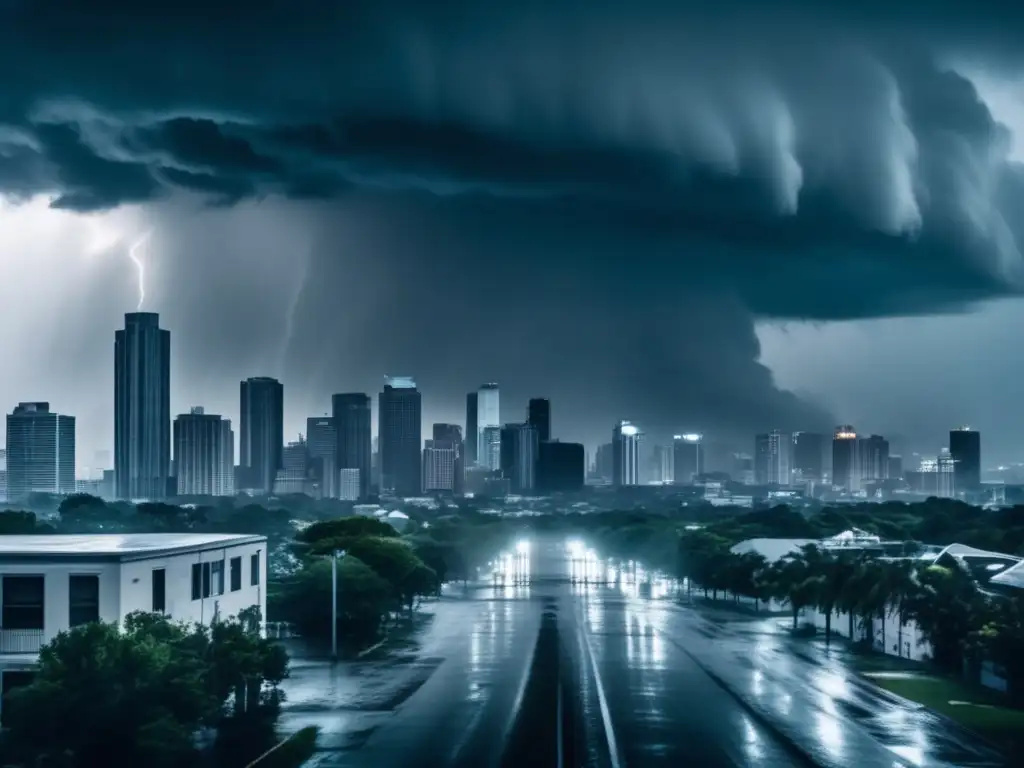
The Aftermath: Immediate Steps to Take Once the Hurricane Passes
Introduction
Hurricanes are one of the most devastating natural disasters that can strike coastal areas. Despite advanced warning systems and preparedness measures, hurricanes can still cause significant damage to homes, businesses, and infrastructure. In the aftermath of a hurricane, it is essential to take immediate steps to ensure the safety of yourself and your loved ones, begin the recovery process, and prevent further damage or injury.
Securing Your Property
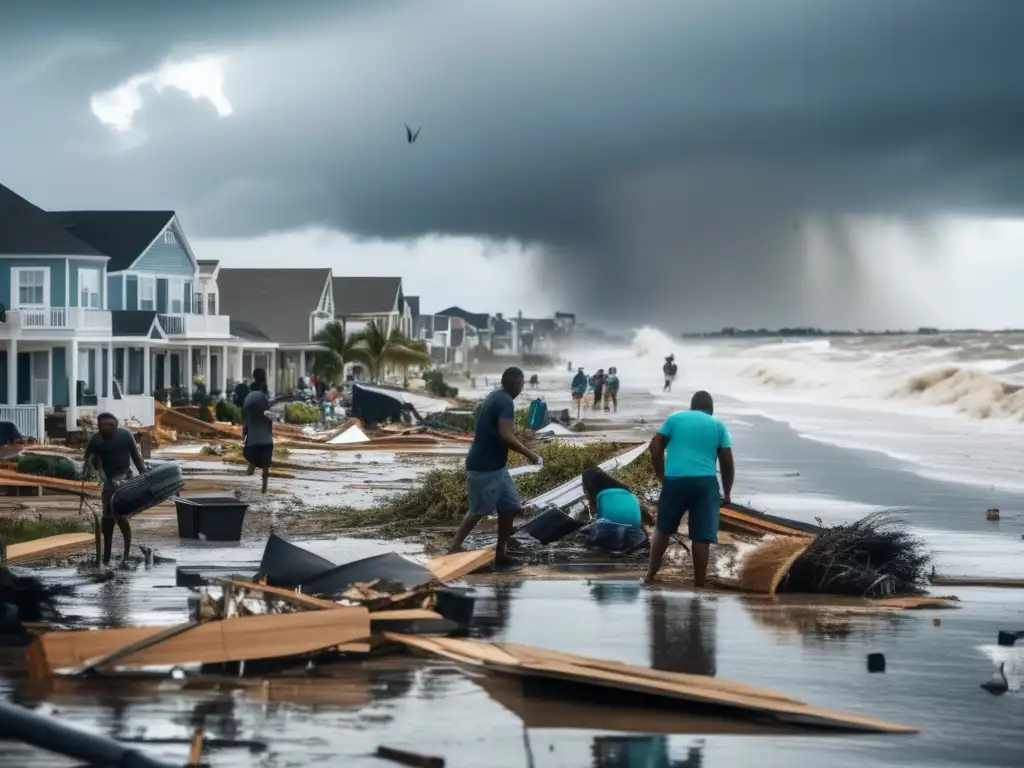
Assessing Damage
After a hurricane passes, it is essential to assess the damage to your property. Look for any visible structural damage, such as collapsed roofs or walls, and note any flooding or water damage. Take photos or videos of the damage as evidence for insurance purposes.
Shutting Off Utilities
Before entering your home, make sure to shut off all utilities, including electricity, gas, and water. This will prevent any potential hazards and will also help to reduce damages caused by leaks or other issues.
Tarping and Boarding Up
If you have any openings in your home, such as broken windows or damaged roofs, it is crucial to tarp or board them up immediately. This will prevent further damage from rainfall, debris, or potential looters.
Personal Safety

Wearing Protective Clothing
When entering your home or attempting any cleaning or repair work, it is vital to wear protective clothing, including gloves, boots, and masks. Floodwaters can contain harmful chemicals, bacteria, and sewage, which can pose serious health risks if exposed.
Avoiding Electrical Hazards
Do not touch any electrical equipment or outlets if they are wet or damaged. If you suspect any electrical damage, shut off the power and contact a professional electrician to assess the situation.
Using Generators Safely
If you are using a generator to power your home, make sure to follow all safety guidelines and keep the generator outside and away from any open windows or doors. Carbon monoxide poisoning is a common generator-related hazard.
Cleaning Up and Recovery
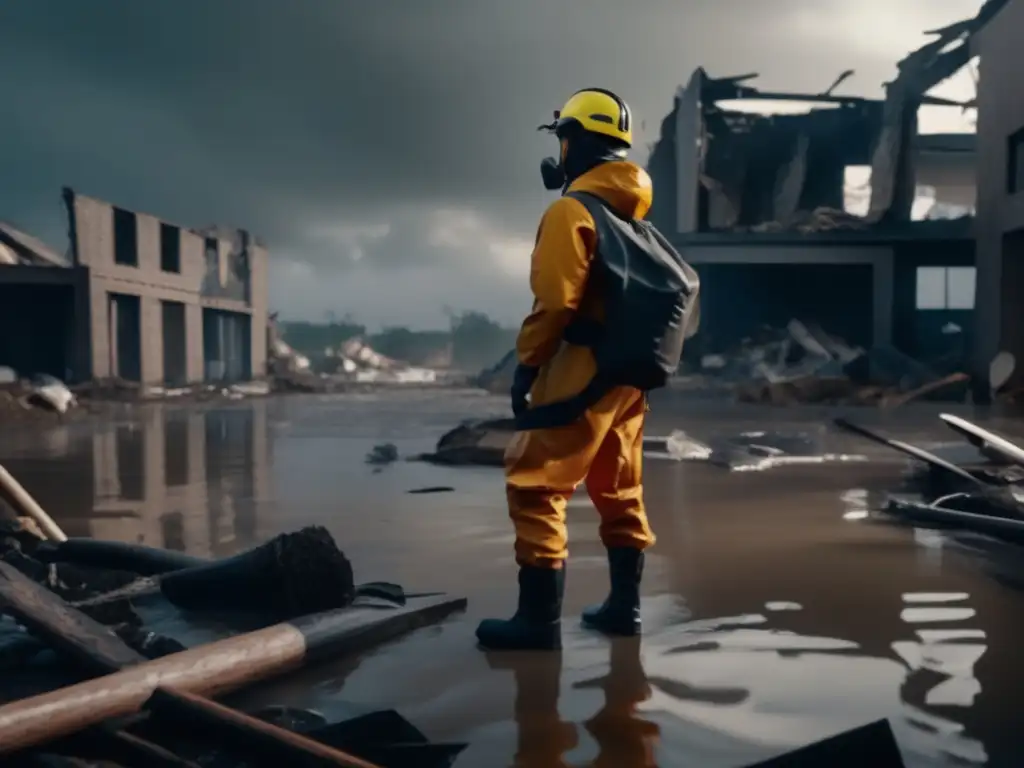
Removing Debris and Disinfecting
Remove any debris from your property, including fallen tree limbs and other wreckage. Disinfect any contaminated areas and allow proper ventilation to dry out your home.
Documenting Damage and Contacting Your Insurance Company
Contact your insurance company as soon as possible to begin the claims process. Provide them with documentation of any damages, including photos or videos, and keep track of any expenses related to the cleanup and recovery process.
Seeking Assistance
If you require assistance with the cleanup or recovery process, do not hesitate to reach out to local authorities or disaster relief organizations. They can provide valuable resources and support during this challenging time.
FAQs
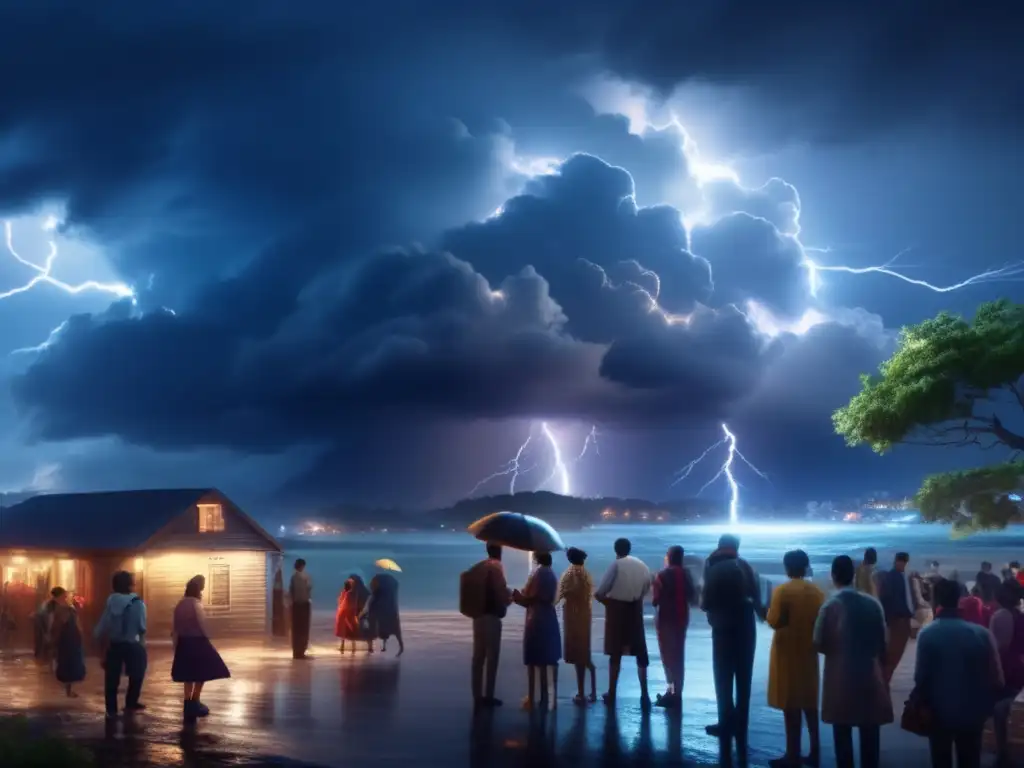
-
What should I do if my home has flooding?
If your home has flooding, it is essential to remove any standing water as quickly as possible. Wear protective clothing and use pumps or buckets to remove the water. Disinfect any contaminated surfaces to prevent mold growth and potential health hazards.
-
Can I start cleaning up and repairing my home immediately after the hurricane passes?
It is generally safe to begin cleaning up and repairing your home once the hurricane has passed, provided that you take all necessary precautions to ensure your safety. However, it is crucial to assess any potential hazards, such as structural damage or electrical issues, before entering your home.
-
Should I file an insurance claim for hurricane damages?
If your home has sustained damages from a hurricane, filing an insurance claim is highly recommended. Your insurance policy may provide coverage for damages caused by hurricanes, including wind damage, flooding, and other related issues. Be sure to document any damages and expenses related to the cleanup and recovery process to support your claim.
-
How can I prevent future hurricane-related damages?
While it is impossible to predict and prevent all damages caused by hurricanes, there are several measures you can take to minimize the risks. These include securing loose objects on your property, installing hurricane shutters or impact-resistant windows, and making sure your roof is in good condition. Develop a disaster preparedness plan and review it regularly with your family.
-
What resources are available for hurricane victims?
There are several resources available for those affected by hurricanes, including disaster relief organizations, local and state government agencies, and insurance companies. These organizations can provide assistance with cleanup and recovery efforts, financial resources, temporary housing, and other forms of support.
Conclusion
In conclusion, the aftermath of a hurricane can be a challenging and stressful time for those affected. However, by taking immediate steps to secure your property, prioritize personal safety, and begin the recovery process, you can minimize the risks and start the path to recovery. Remember, it is essential to document damages and expenses for insurance purposes and to seek assistance if needed. By staying informed and prepared, you can help protect yourself and your loved ones from the impacts of hurricanes.
Thank you for trusting hurricaneinsider.org to provide you with valuable information on hurricanes. We encourage our readers to engage positively in our community by sharing this article on social media, leaving a comment below, and subscribing to our newsletter for more updates and resources. Stay safe!
Additional Resources

 Tips For Using Emergency Radios During Hurricanes
Tips For Using Emergency Radios During Hurricanes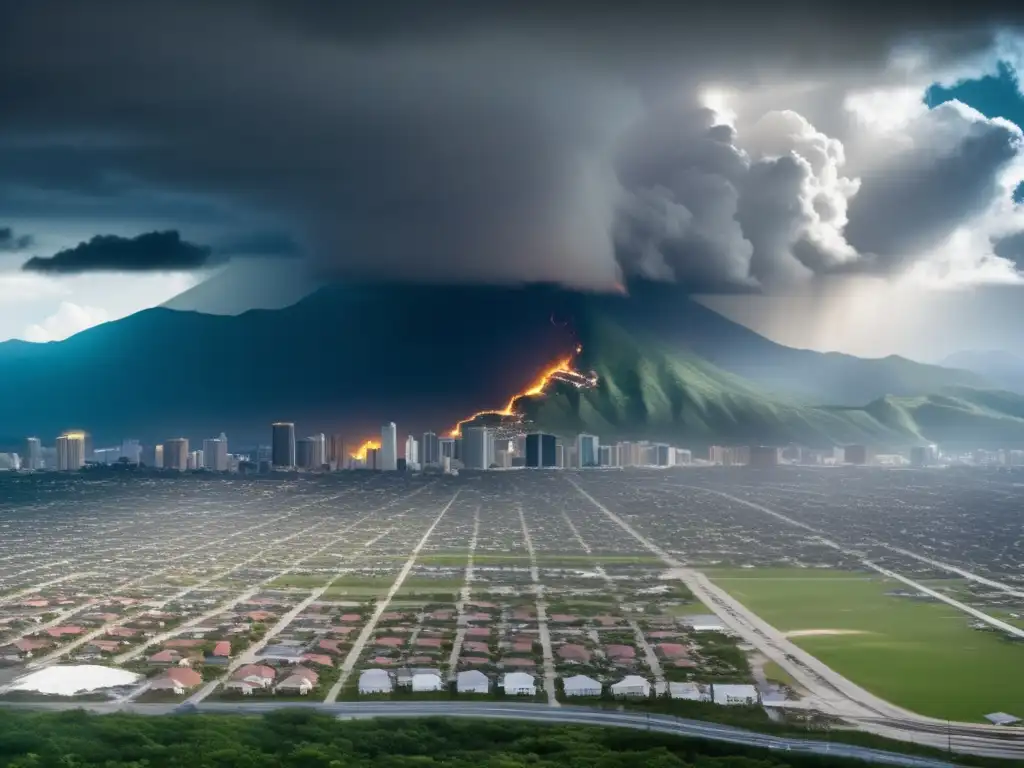 Taking Photos: Documenting Damage During And After A Hurricane
Taking Photos: Documenting Damage During And After A Hurricane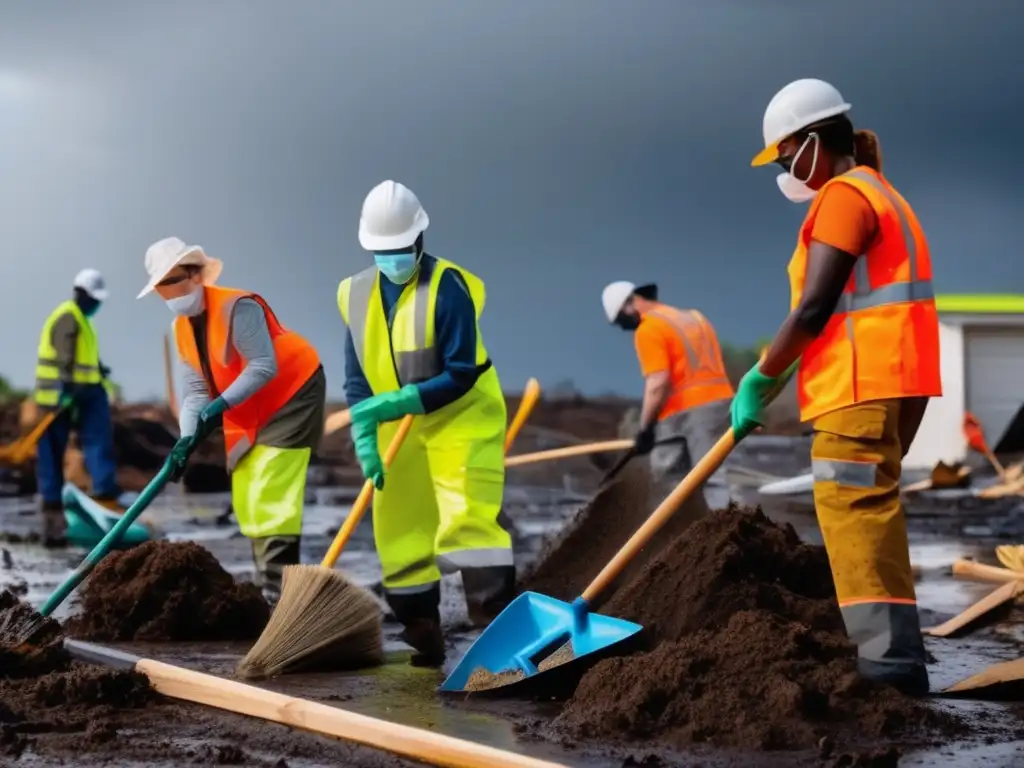 Cleaning Up: Safe And Efficient Cleanup Methods After A Hurricane
Cleaning Up: Safe And Efficient Cleanup Methods After A HurricaneIf you want to discover more articles similar to The Aftermath: Immediate Steps To Take Once The Hurricane Passes, you can visit the During the hurricane: category.
Leave a Reply

Articulos relacionados: